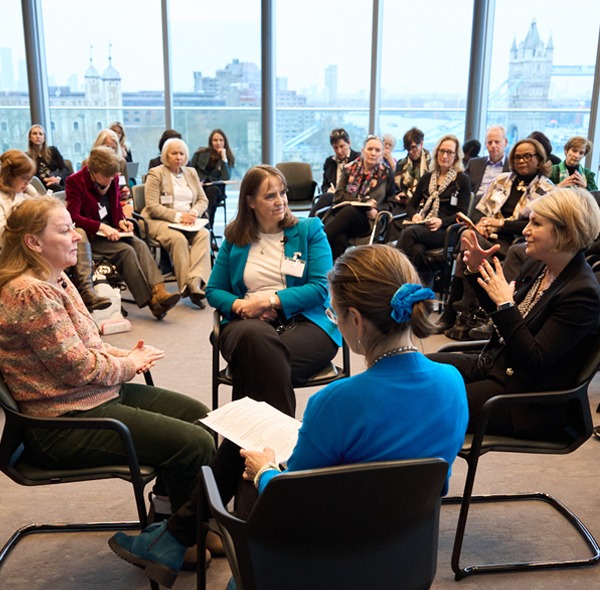
Events
Join us at a Chapter Zero event
Come along to one of our lively events to learn more about climate action in the boardroom and network with your peers.
You need to be an associate or non-executive director member to attend. If you are not a member you can sign up here.
Choose from an in-person or online event to suit your needs.
